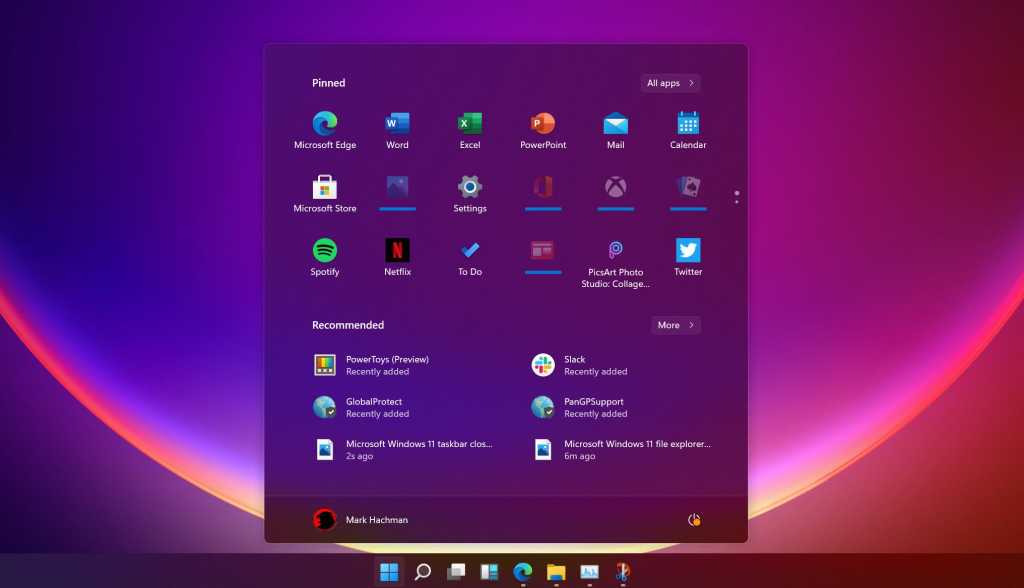I have a desktop PC running Windows 10 Pro.
Will Microsoft offer an upgrade to Windows 11 automatically, or does it involve spending money?
Will Microsoft offer an upgrade to Windows 11 automatically, or does it involve spending money?
My Computer
System One
-
- OS
- Windows 10 Pro 64-bit, v 21H1, build 19043.1110
- Computer type
- PC/Desktop
- CPU
- Intel(R) Pentium(R) CPU G4400 @ 3.30GHz 3.31 GHz
- Memory
- 8.00 GB
- Internet Speed
- 56 Mbps
- Browser
- Mozilla Firefox 90.0.2 (64-bit)
- Antivirus
- Trend Micro Maximum Security, v 17.0.1299



















